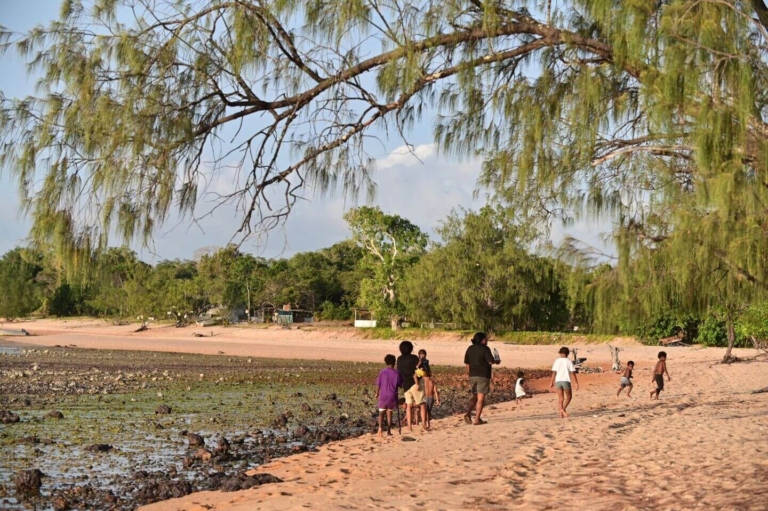The NYU Climate Law Accelerator (CLX) is a global collaborative hub that catalyzes legal strategies, tools, and ideas needed to secure urgent and ambitious climate action

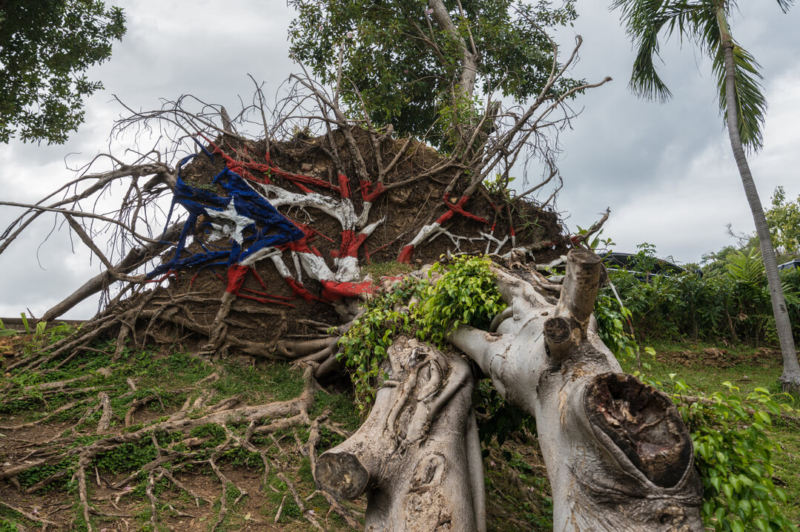


Publications
Casebook Highlights
KlimaSeniorinnen v. Switzerland
IL v. Italian Ministry of the Interior
Legal Actions
CLX collaborates with partners around the world to advance urgent, ambitious, and rights-based action on climate change
Educational Videos
Historic Victory in Held v. Montana: A Conversation with Plaintiffs’ Attorney Phil Gregory
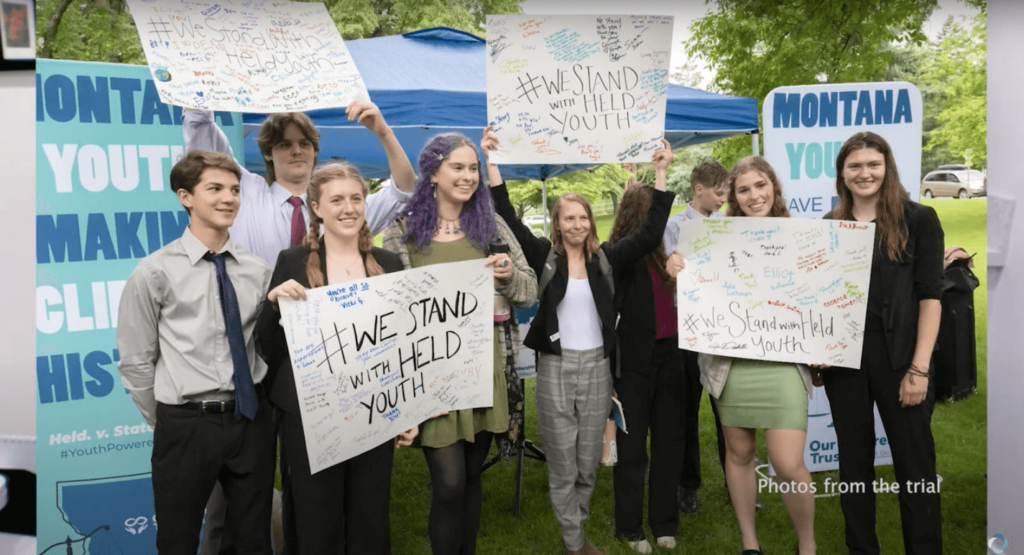

Historic Victory in Held v. Montana: A Conversation with Plaintiffs’ Attorney Phil Gregory
In August 2023, the First Judicial District Court of Montana handed down a historic win for the youth-led climate movement and rights-based climate litigation. In Held v. Montana, 16 youth plaintiffs brought a lawsuit claiming that Montana’s fossil fuel policies violated their constitutional rights, including their right to a healthy environment. The lawsuit challenged a provision of the Montana Environmental Policy Act (MEPA), known as the MEPA Limitation, which barred consideration of climate change when considering whether to authorize fossil fuel projects.
In its ruling, the court held that the MEPA Limitation violated the youth plaintiffs’ right to a “clean and healthful environment” – which includes the climate system— by facilitating Montana’s “globally significant” greenhouse gas emissions. The court found that the youth plaintiffs were already experiencing harms from climate change, and that these harms were likely to get worse over the course of their lifetimes. The decision sets a powerful precedent for rights-based climate litigation in the U.S. and around the world.
To discuss the victory, CLX’s César Rodríguez-Garavito spoke with Phil Gregory, attorney with Our Children’s Trust and counsel for the plaintiffs in Held v. Montana.
For more on this case, read the case study here.
Big Coal Feels the Heat: The Sharma Case and the Role of Litigation in Keeping Coal in the Ground
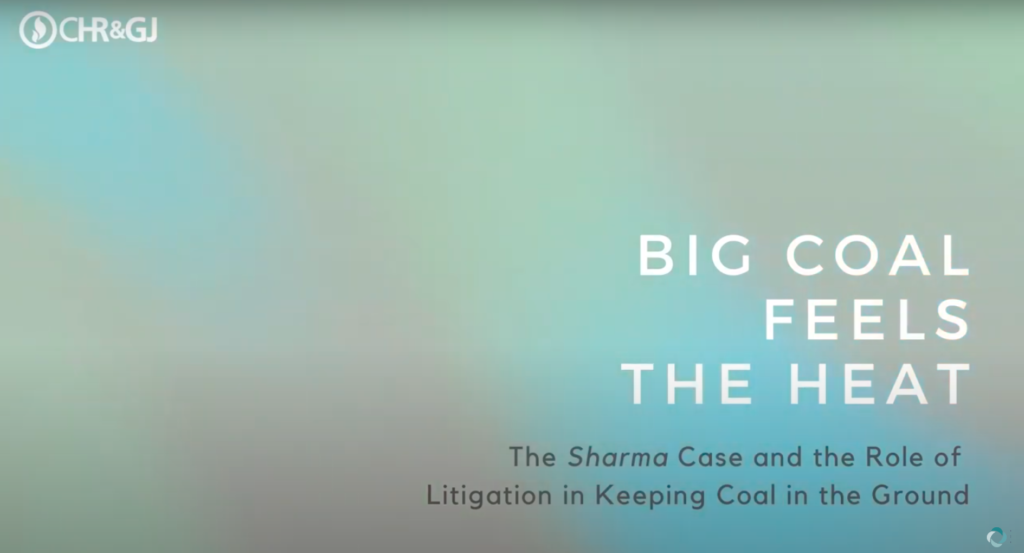

Big Coal Feels the Heat: The Sharma Case and the Role of Litigation in Keeping Coal in the Ground
Youth have become a powerful voice in highlighting the injustices of the climate emergency: they’re able to underscore both the moral imperative of addressing climate change now and the inconsistency of government actions towards protecting young people and future generations from climate harms. In Sharma and others v. Minister for the Environment, a group of young petitioners challenged the Minister for the Environment’s potential approval of a coal mine expansion project in New South Wales, Australia. Though the Court ultimately decided it was too early to issue an injunction, it did recognize a new duty of care: the Minister was required to take reasonable care to not harm the youth petitioners in making a decision on the project, which would release greenhouse gases into the atmosphere and use up a portion of the ever smaller global climate budget. This webinar examines this case and its implications for current and future climate litigation.
Ecocide: Emerging Norms and Litigation
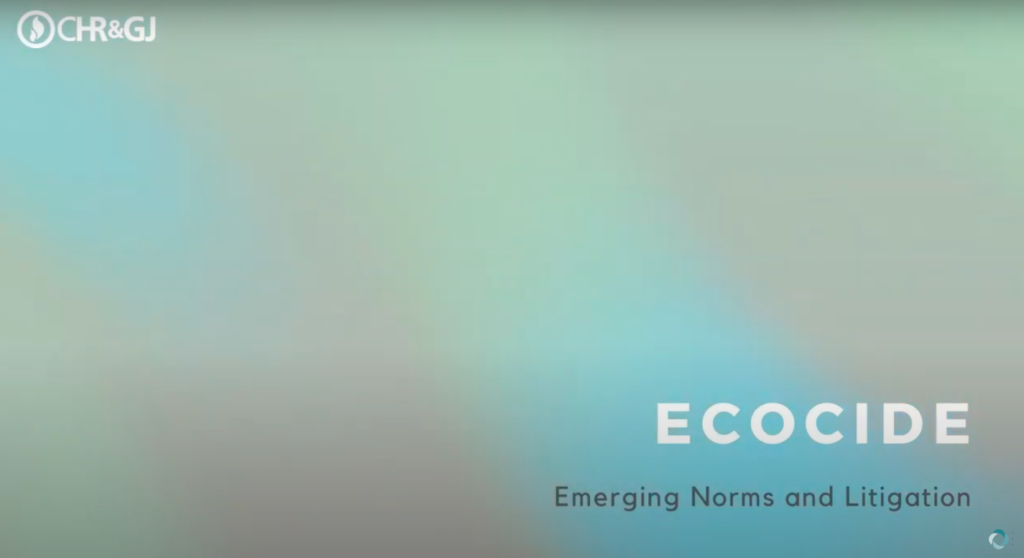

Ecocide: Emerging Norms and Litigation
In the wake of rapidly increasing environmental devastation, from climate change to biodiversity loss to large-scale deforestation, practitioners and advocates have increasingly sought to use international criminal law to hold the perpetrators of this destruction accountable and stem future harms. As part of this effort, some practitioners and advocates have been advancing the idea of defining and using a new international crime of “ecocide” as a means of redressing and preventing future harms. This webinar will examine the opportunities and challenges presented by this new push to use international criminal law in the context of serious environmental degradation.
Litigating Future Fossil Fuels: How a South African Case Prevented Fossil Fuel Exploration
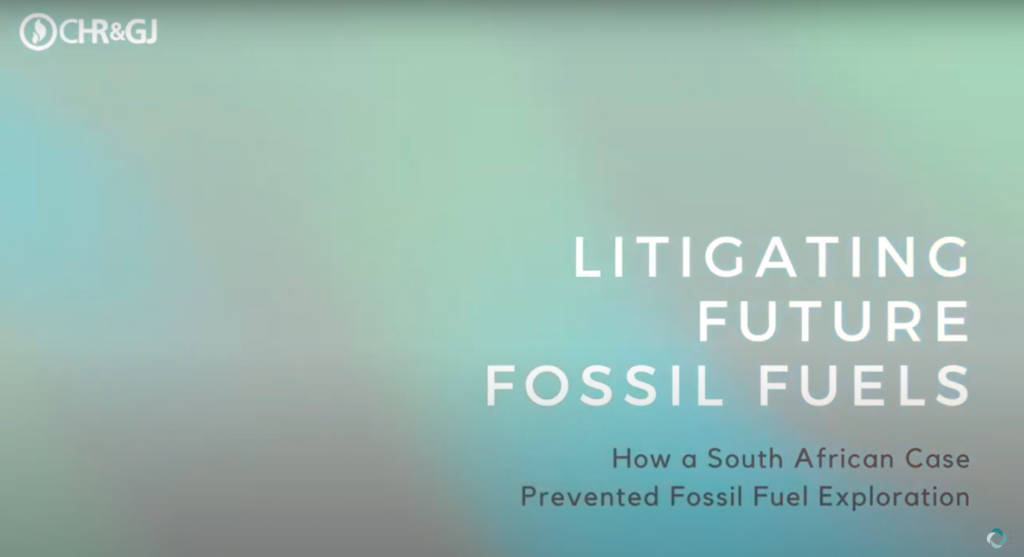

Litigating Future Fossil Fuels: How a South African Case Prevented Fossil Fuel Exploration
The scientific consensus is clear: in order to avoid warming above 1.5 degrees Celsius, most remaining fossil fuels must stay in the ground. Fossil fuel corporations, however, continue to exploit untapped reserves. So how can litigators preempt corporate attempts to develop more fossil fuel resources than the global climate system can safely sustain?
The recent case against Shell in South Africa offers some answers. In late 2021, litigators succeeded in halting Shell’s plans to conduct seismic surveys off of South Africa’s Wild Coast — a vital and sensitive marine ecosystem.
This webinar features conversations with the lawyers and activists involved in this case and sheds light on how litigators and advocates can use the tools at their disposal to challenge fossil fuel corporations before they succeed in developing new fossil fuel resources.
